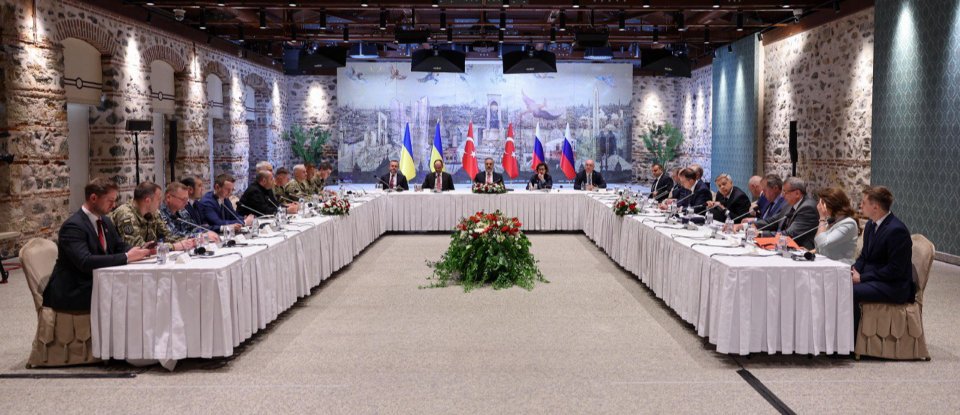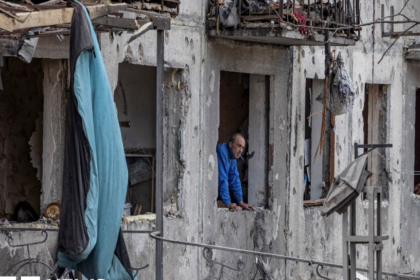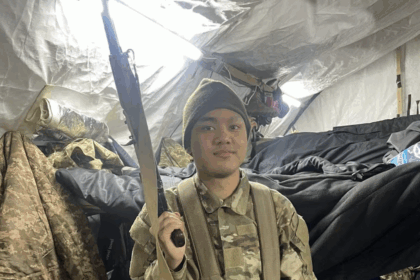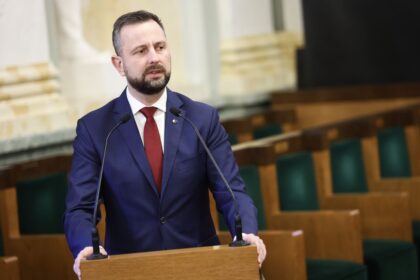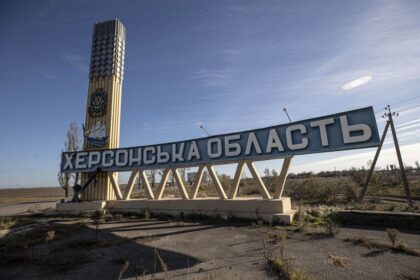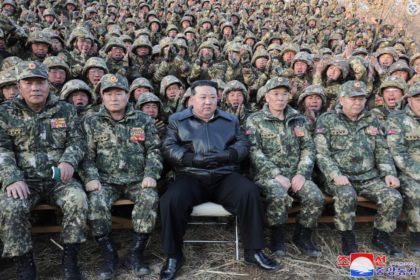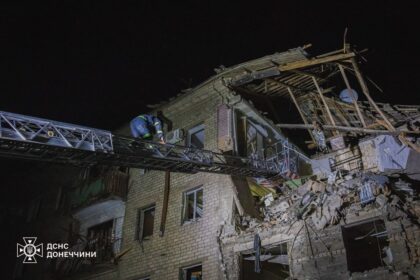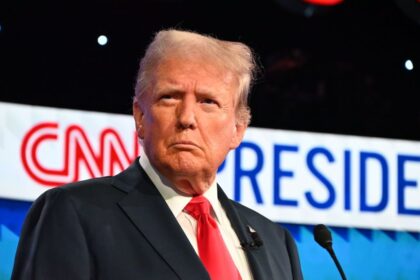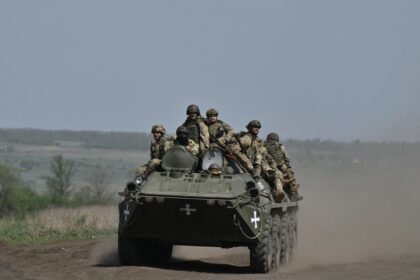The article discusses the recent Istanbul negotiations between Russia and Ukraine, which were marked by Russian demands that were described as “detached from reality” and Ukrainian officials calling them a “minimum requirement.” Despite these hostile and impossible demands, the Russian delegation never walked out of the talks.
Serhiy Kyslytsya, Ukraine’s First Deputy Foreign Minister, observed that Russia’s narrative strategy collapsed when Ukraine refused to frame the talks as a continuation of the 2022 Istanbul negotiations. However, Russia stayed engaged in the talks, which Kyslytsya believes revealed their need to signal to the US that they remained diplomatically engaged.
The article also notes that Russia’s direct access to Putin meant little in practice, and that the prisoner exchange brought 1,000 Ukrainians home but no broader diplomatic progress emerged. The Turkish hosts managed the logistics professionally, but the exclusion of American participation exposed the process’s fundamental constraint.
Kyslytsya concludes that until Putin enters the room himself, substantive peace negotiations remain impossible. He also believes that Russia’s position under pressure revealed a regime trying to project strength while managing serious constraints.
The article highlights five ways in which Putin wins if Ukraine freezes the war:
1. The talks will create a false sense of progress.
2. Russia will be able to claim that it tried everything to achieve peace, but Ukraine refused.
3. The frozen conflict will allow Russia to maintain control over occupied territories.
4. The continued fighting will give Russia an excuse to impose economic sanctions on Ukraine.
5. Putin will be able to consolidate power and further control the Russian narrative.
Overall, the article suggests that Russia’s behavior in the Istanbul talks reveals a regime trying to project strength while managing serious constraints, and that until Putin enters the room himself, substantive peace negotiations remain impossible.




